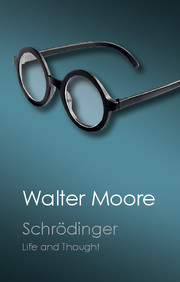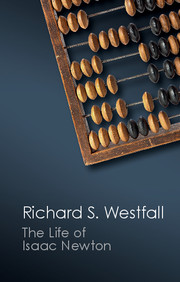Soon after the end of the war, schrödinger's friends in Austria began to explore various avenues for his return to his native land, but it was to prove a long and tedious process. As early as February, 1946, he agreed to accept a professorship at Vienna, provided he could find a suitable successor for his position at D.I.A.S. In April, the Austrian authorities advised that he should apply for a restoration of his professorship at Graz, and then they would arrange a transfer to Vienna, but he was not willing to do this without a more definite understanding.
The main problem was the continuing occupation of Austria by the four allied powers. In January, 1947, General Kurasov told General Mark Clark: ‘I expect there will be an Austrian treaty. We have done enough for Austria and it is time we got out.’ The winter of 1947 was unusually harsh and there were food riots in Vienna recalling those of 1919. An attempted communist coup in May did not succeed, and in June, Austria was included in the Marshall plan, receiving more dollars per capita during its first year than any other country. In February, 1948, communists took over control of Czechoslovakia, and Stalin showed no willingness to conclude an Austrian peace treaty.
Thus, although schrödinger told his friends that he wished to return to Austria, he also made it clear that he had no intention of doing so while the threat of a Russian takeover remained. As the peace negotiations dragged on, they became increasingly acrimonious. In October, 1950, there was a second attempt at a communist putsch. Karl Renner, the socialist president, who in 1938 had advised his followers to vote for Hitler, protested to the British government: ‘You sacrificed the Austro-Hungarian Empire in 1919, and in 1938 you abandoned Austria for Czechoslovakia, which you then abandoned also. These are bad precedents.’
The situation at the Vienna Physics Institute was rather surprising. As the Russians approached in 1945, the Nazi boss of the Institute, Georg Stetter, fled to Egypt with his assistant Ortner, and Hans Thirring was recalled to his old position.

